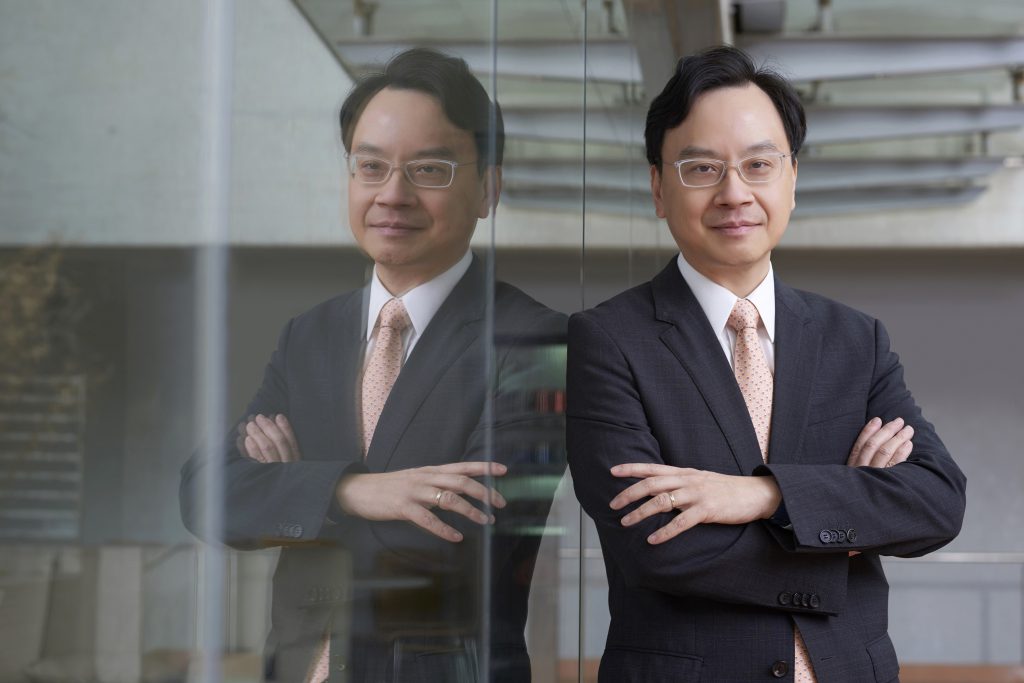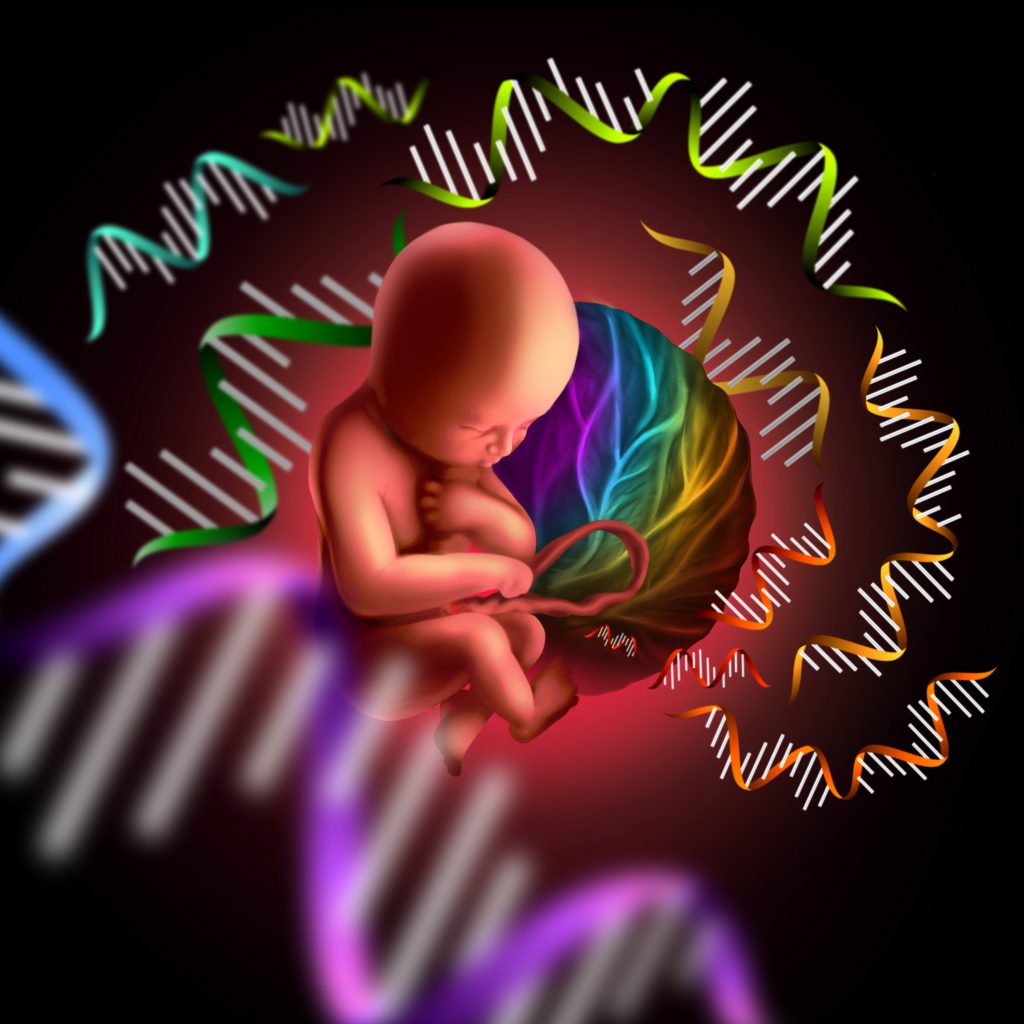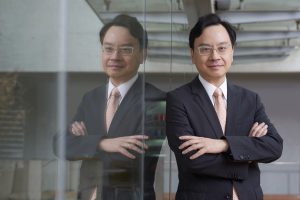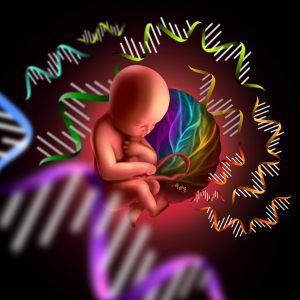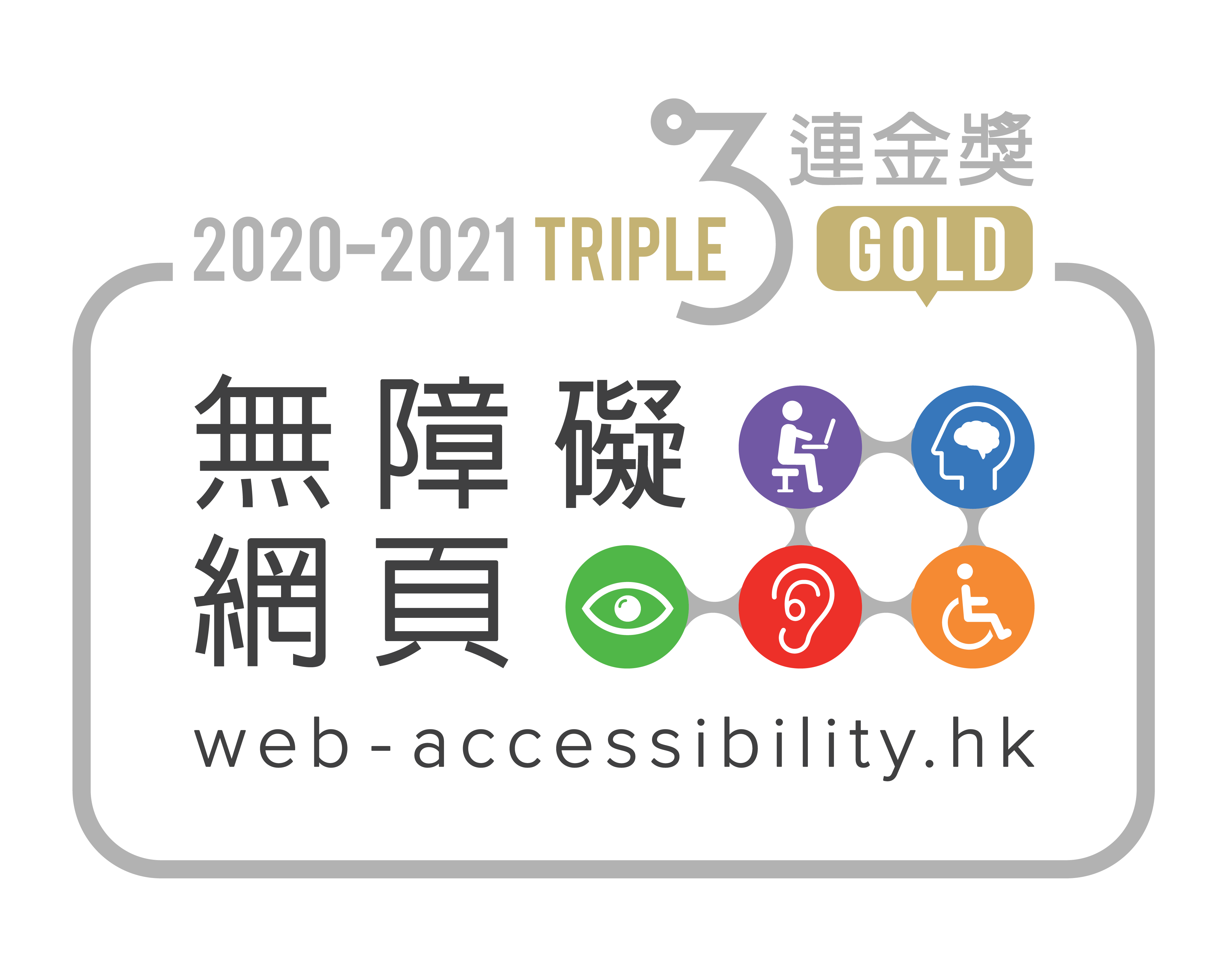CUHK
News Centre
CUHK Professor Dennis LO Becomes the First Chinese Scientist to Receive the Royal Medal for Outstanding Achievements in Biological Sciences
The Royal Society of London announced today awardees of the Royal Medals 2021. Professor Dennis Yuk Ming LO from the Faculty of Medicine at The Chinese University of Hong Kong (CU Medicine) was awarded the Royal Medal 2021 for his contributions to the advancement of “natural knowledge” in biological sciences. The Royal Society highly commended Professor Lo for making a major impact on pre-natal diagnosis by discovering fetal DNA in maternal plasma, developing non-invasive prenatal testing, and making foundational contributions for other types of liquid biopsies.
The Royal Medal is one of the most prestigious awards of the Royal Society, which was founded in 1660 and is the oldest scientific academy in continuous existence. Since 1825, two Royal Medals are awarded annually for the most important contributions to the advancement of “natural knowledge” in the physical and biological sciences, respectively. Professor Lo is the first Chinese scientist ever to receive the Medal in the biological sciences category since the establishment of the award 200 years ago. There are 400-some awardees in history, including Charles Darwin who proposed the theory of evolution and John Dalton who developed the atomic theory. Approximately one in five of the names on the award list are Nobel laureates.
Millions of Women Benefited from Non-invasive Prenatal Testing Globally Every Year
Known as “the Father of Non-invasive Prenatal Testing”, Professor Dennis Lo is Director of the Li Ka Shing Institute of Health Sciences, Associate Dean (Research) and Chairman of the Department of Chemical Pathology of CU Medicine. Professor Lo joined CUHK in 1997 and reported the presence of cell-free fetal DNA in maternal plasma in the same year. He and his colleagues have been instrumental in making non-invasive DNA-based prenatal testing a clinical reality. The non-invasive prenatal test for Down syndrome developed by the team has been widely regarded as a significant breakthrough in the global scientific community. The test has been widely adopted in dozens of countries and used by millions of pregnant women every year.
With the use of massively parallel sequencing and the development of novel bioinformatics strategies, Professor Lo’s group succeeded in deciphering a fetal genome through the analysis of traces of fragmented DNA floating in the blood of a pregnant woman. This scientific achievement lays the foundation for developing non-invasive prenatal diagnostic tests for multiple genetic diseases.
Professor Lo saw the implications of the non-invasive prenatal diagnostic tests to other branches of medicine. In transplantation, he demonstrated that DNA from a transplanted organ is present in the plasma of a recipient. This discovery has since then been translated into a new approach for rejection monitoring after transplantation. Based on the similarity he found in cell-free fetal DNA molecules and tumour DNA molecules, Professor Lo has developed genome-wide genetic and epigenetic approaches for cancer detection. This work has laid the foundation for multi-cancer early detection. Professor Lo and his team have successfully developed technologies that allow the detection of dozens of cancer types and have been working with a biotech company in the U.S. for clinical applications.
Being the first Chinese scientist awardee of the Royal Medal for contributions in biological sciences, Professor Lo remarked, “I am most delighted and encouraged to have my work on circulating fetal DNA and development of non-invasive prenatal testing and other liquid biopsies recognised by the Royal Society. I am also humbled when I look at the list of distinguished past winners of this award. I wouldn’t have developed the non-invasive prenatal diagnostic test without the support of my devoted team all along. I am grateful to all the inspirations, support and company from my family, mentors, colleagues, students and friends.”
Looking ahead, Professor Lo hopes this award can help draw young people’s attention to science and learn that it can be fun and impactful. “The future of science depends on our ability to attract the best minds of our next generation into the science, and joining us in our quest of the next scientific breakthrough,” he said.
Sir Adrian SMITH, President of the Royal Society, said, “Through its medals and awards the Royal Society recognises those researchers and science communicators who have played a critical part in expanding our understanding of the world around us. These discoveries shape our societies, answer fundamental questions and open new avenues for exploration.”
Received Landmark Accolades and Honours in Recent Years
In recognition of his work, Professor Lo has received numerous international honours and awards. He was elected a Fellow of the Royal Society in 2011 and a Foreign Associate of the US National Academy of Sciences in 2013. He also received the 2014 King Faisal International Prize for Medicine and became the first Chinese scientist honoured with the American Association for Clinical Chemistry (AACC) Wallace H. Coulter Lectureship Award.
In 2016, Professor Lo was selected as the winner of the inaugural Future Science Prize-Life Science Prize, a prize which was regarded as China’s Nobel Prize. In the same year, he was named as the ‘Thomson Reuters Citation Laureate – Chemistry’, an honour considered as one predictive index of the Nobel Prize.
Professor Lo was named the world’s “Top 20 Translational Researchers” by the world-renowned and authoritative scientific journal Nature Biotechnology for four consecutive years (2016 – 2019). He was also the first Chinese recipient of the Fudan-Zhongzhi Science Award in 2019. In 2021, he received the Breakthrough Prize, an honour renowned as the “Oscars of Science”.
About Royal Medals
The Royal Medals were founded by King George IV of the United Kingdom in 1825. Between 1826 and 1964 two medals were awarded each year for the most important contributions to the advancement of “Natural Knowledge” in the physical and biological sciences respectively. In 1965 the third medal, covering the applied sciences was included.
To date, there are 400-some awardees in history, including Charles Darwin who proposed the theory of evolution and John Dalton who developed the atomic theory. Approximately one in five of the names on the award list are Nobel laureates.
